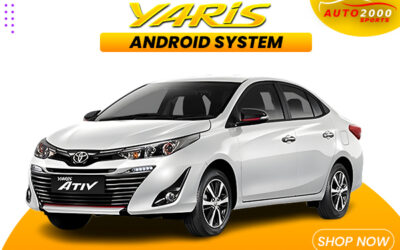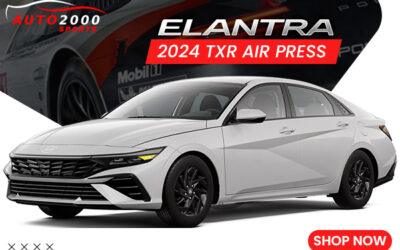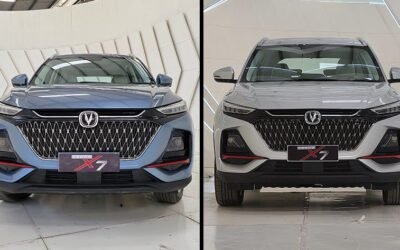Hyundai Aims to be Among Top Three Electric Car Makers by 2030
South Korean car manufacturer Hyundai has set a goal of becoming one of the top three electric car makers in the world by 2030. The company’s announcement comes as the demand for electric vehicles (EVs) is on the rise due to growing concerns over environmental pollution and the need to reduce carbon emissions. This article will delve into Hyundai’s ambitious goal and explore how the company plans to achieve it.
Key Points
- Hyundai has set a goal of becoming one of the top three electric car makers in the world by 2030.
- The company plans to achieve this goal by investing heavily in research and development, expanding its EV lineup, and forming partnerships with other companies.
- Hyundai also aims to increase its EV sales to 560,000 units per year by 2025, up from 82,000 units in 2020.
- The global market for EVs is expected to grow rapidly in the coming years, making it a lucrative opportunity for car manufacturers.
Hyundai’s EV Strategy
Hyundai has been making significant investments in EVs for several years. The company’s first electric car, the Hyundai Ioniq, was released in 2016. Since then, the company has expanded its EV lineup to include the Kona Electric, the Nexo Fuel Cell Electric Vehicle, and the Ioniq 5, among others.
To achieve its goal of becoming one of the top three electric car makers in the world, Hyundai plans to continue investing heavily in research and development. The company has allocated $87 billion for R&D and capital expenditures over the next five years, with a significant portion of that funding earmarked for developing EVs and related technologies.
Hyundai also plans to expand its EV lineup significantly. The company aims to release 23 new EV models by 2025, including 11 battery-electric vehicles, 6 plug-in hybrids, and 5 hydrogen fuel-cell EVs. By offering a diverse range of EV options, Hyundai hopes to cater to a wide variety of customer needs and preferences.
Another key aspect of Hyundai’s EV strategy is forming partnerships with other companies. The company has already formed several partnerships with companies such as Apple, Aptiv, and Canoo to collaborate on developing EVs and related technologies. By leveraging the expertise of other companies, Hyundai hopes to accelerate its EV development efforts and stay ahead of its competitors.
Hyundai’s EV Sales Targets
In addition to its goal of becoming one of the top three electric car makers in the world, Hyundai also aims to increase its EV sales significantly over the next few years. The company plans to sell 560,000 EVs annually by 2025, up from 82,000 units in 2020. This target represents a compound annual growth rate of 30%, which is ambitious but achievable given the growing demand for EVs.
To achieve its sales targets, Hyundai will need to focus on expanding its EV lineup, improving its marketing efforts, and addressing any potential production bottlenecks. The company will also need to make sure its EVs are competitive in terms of pricing and performance compared to other EVs on the market.
To achieve its sales targets, Hyundai will need to focus on expanding its EV lineup, improving its marketing efforts, and addressing any potential production bottlenecks. The company will also need to make sure its EVs are competitive in terms of pricing and performance compared to other EVs on the market.
FAQs
Q: What is Hyundai’s goal for its EV business?
A: Hyundai aims to become one of the top three electric car makers in the world by 2030.
Q: How does Hyundai plan to achieve this goal?
A: Hyundai plans to achieve this goal by investing heavily in research and development, expanding its EV lineup, and forming partnerships with other companies.
Q: What is Hyundai’s target for EV sales?
A: Hyundai aims to sell 560,000 EVs annually by 2025, up from 82,000 units in 2020.











